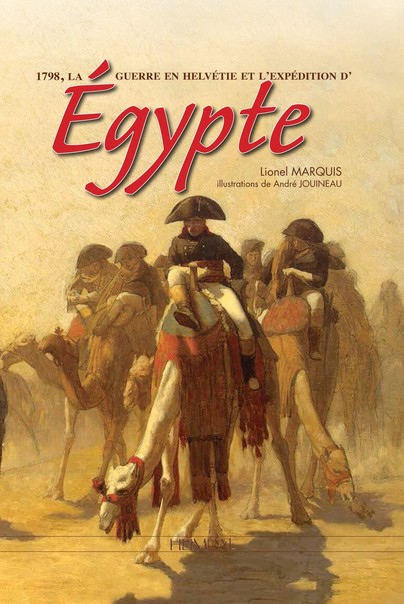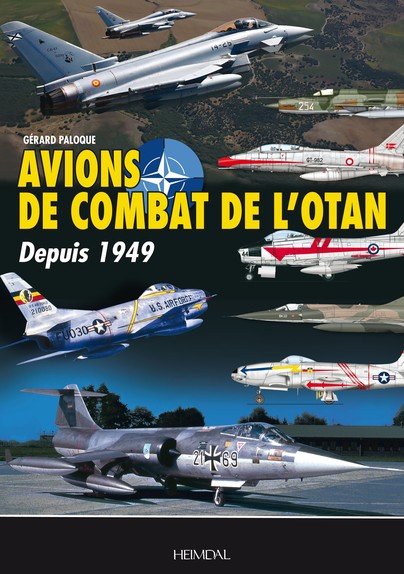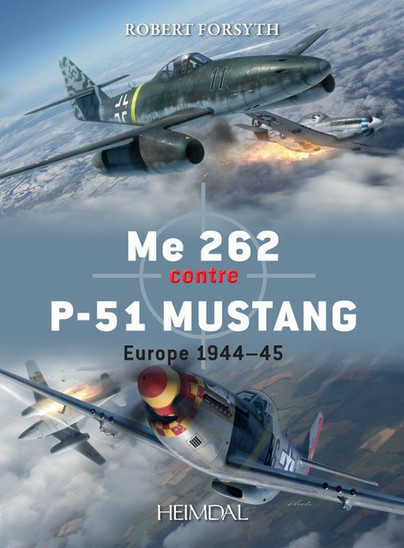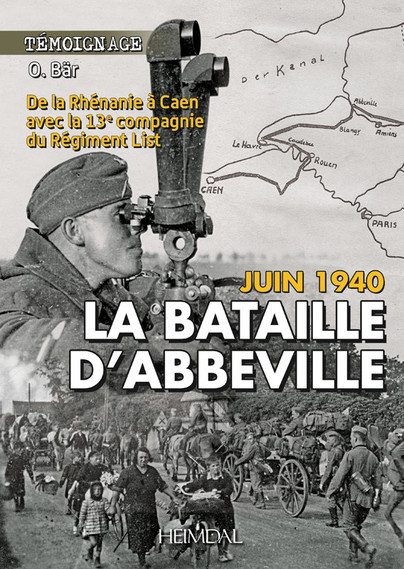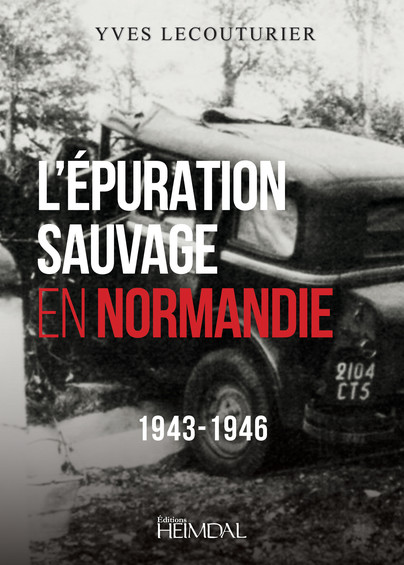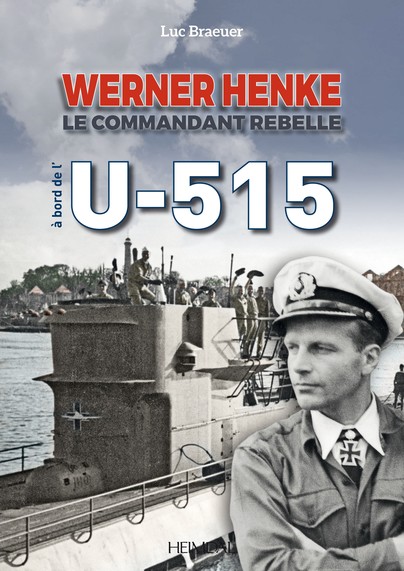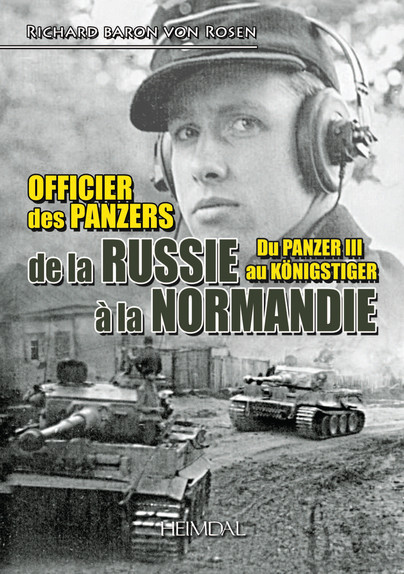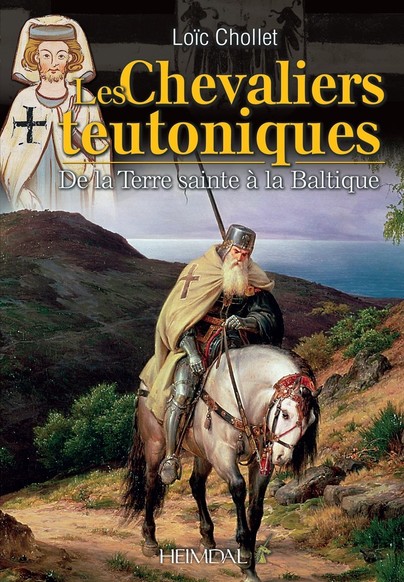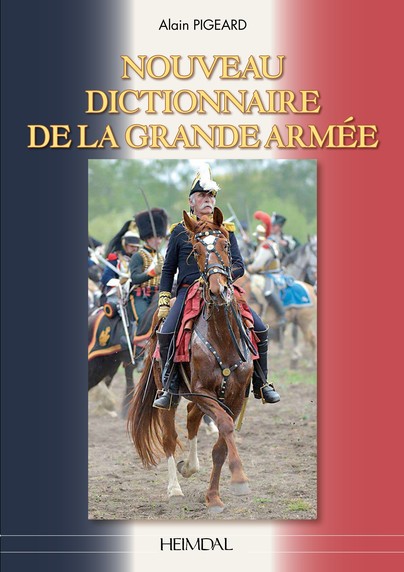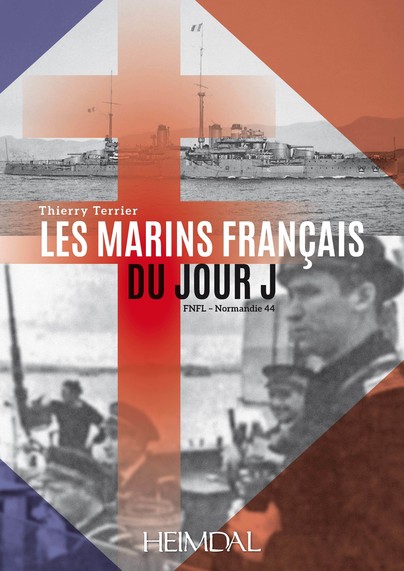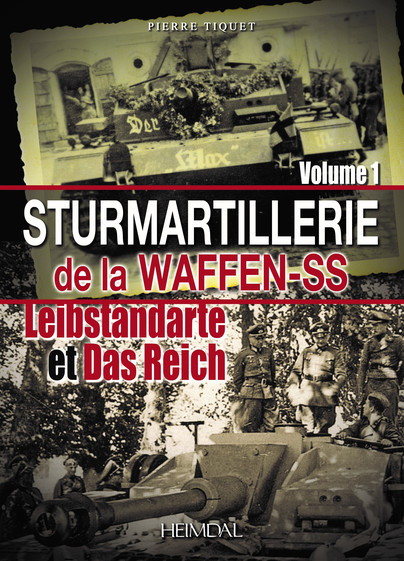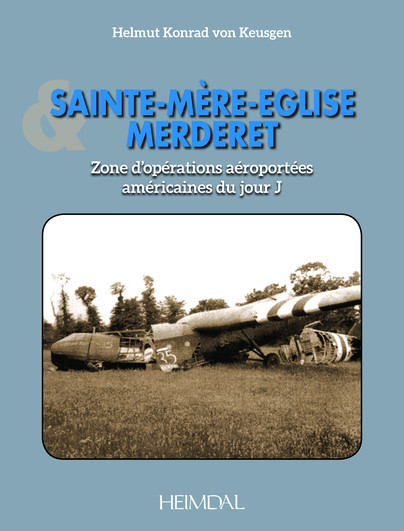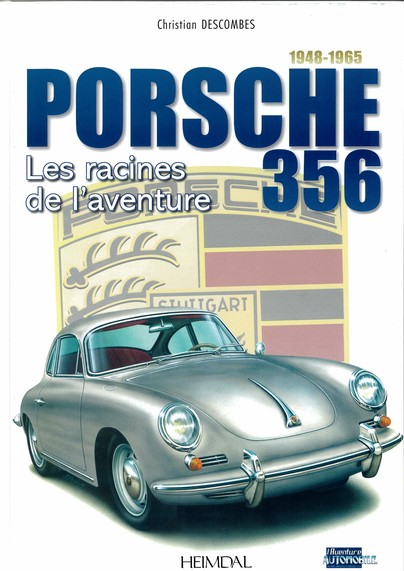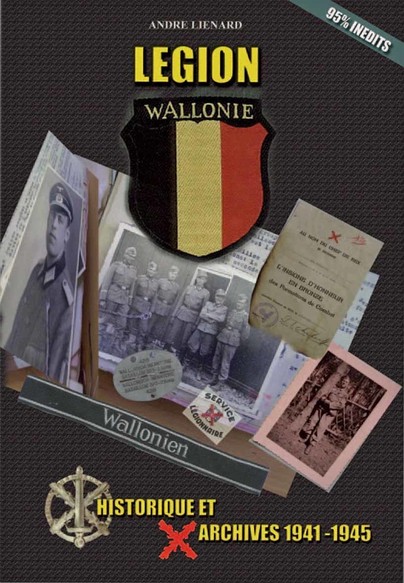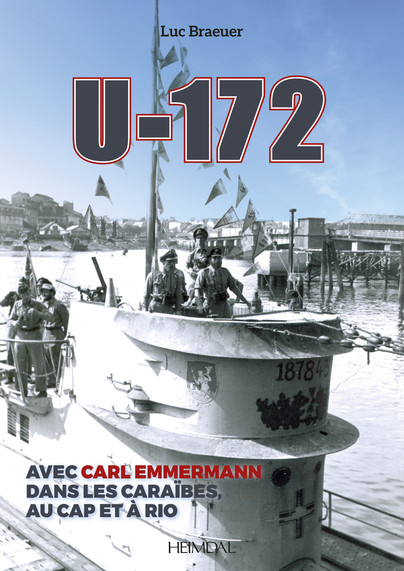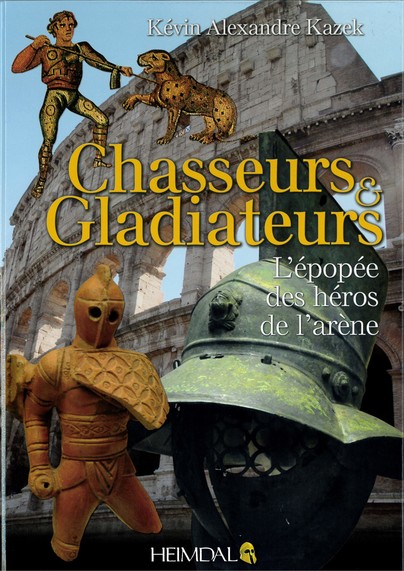Created in 1949 by ten European countries, joined later by Canada and the United States, the North Atlantic Treaty Organisation (NATO) was originally intended to federate the defence means of the signatories, in the context of the beginning of the Cold War, just after the Berlin blockade. Setting up this alliance meant the weapons of the member countries and especially their air forces were veryrapidly modernised, especially under the aegis of the United States, the only country at the time to have a nuclear weapon, the indispensable prerequisite for all dissuasion. In the following decades several nations joined NATO, whereas France decided to go it alone and, on the contrary, leave NATO and ensure its own defence.
The disappearance of the USSR then the Warsaw Pact in the 1990s meant the role of the Alliance had to be reviewed, because it had lost its main adversary and raison d’être. Meanwhile it started to take part in various external operations, and a certain number of countries from the former Eastern Bloc gradually began joining it. In this 300+ page book, the fighting planes of each NATO country’s air force, be they a founder member or a new member, are presented in detail, the nations being classified by alphabetical order, which gives a very complete panorama of the machines in operation and the camouflage systems and markings used, notably thanks to more than 600 profiles and about 300 period photographs.
